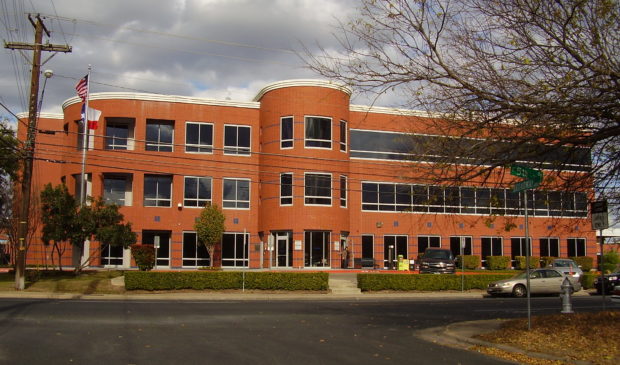Budget report reveals Capital Metro has money to spare
Monday, May 17, 2021 by
Seth Smalley On May 12, Capital Metropolitan Transportation Authority CFO Reinet Marneweck presented the financial report for the 2021 fiscal year to the Capital Metro Board of Directors. The report covered revenue, operating expenses and Capital Metro sales tax as they relate to budgeting in the company at large.
“Seeing as we’re about 50 percent into the fiscal year, you would expect revenue target being about 50 percent of budgeted revenue. But we are significantly below that because the ridership assumptions for the 2021 budget was significantly higher than what we’re currently seeing,” Marneweck told the board.
Capital Metro is at 49.9 percent of its total revenue target for the first six months, “which is very favorable,” according to Marneweck.
In 2021 so far, Capital Metro has seen ridership from pre-Covid levels drop 49 percent on weekdays and 40 percent on weekends. Though, as Marneweck noted, “it looks like weekend ridership is starting to come back.”
Even though sales taxes were down 4.7 percent, according to Marneweck, Capital Metro was “11 percent above budget for the months that we have received sales taxes. In dollar terms, that’s $11 million that were favorable to budgets on sales tax revenue.”
In terms of year-over-year growth rate, March 2021 saw a 31 percent growth of sales tax revenue since March 2020, at the start of the pandemic.
“Operating expenses are very favorable to budget,” Marneweck told the board members.
Overall, the money spent by March of the 2021 fiscal year totaled $124 million, only 44.7 percent of budget.
“So our expenses are coming in significantly lower than what we budgeted,” Marneweck said, before stipulating, “We expect some of that spending to catch up in the next six months” because of the disparity in timing between when consultants are hired and when their services are actually delivered.
For fuel purchases, Capital Metro was at 41 percent of its budget. “We can expect that favorability to continue through the year, because of fewer volumes of diesel consumed in the first six months,” Marneweck said.
Capital Metro was also significantly below budget in purchase transportation, due to fewer bus-use and rail-use hours than expected.
When a board member asked about Capital Metro’s electric fleet offsetting fuel costs, Marneweck said, “At this point, our electric fleet is not large enough to generate savings in diesel, but we do build that into our diesel forecast. The fuel as well as maintenance costs should see reductions in the future because of the electric fleet.”
The Austin Monitor’s work is made possible by donations from the community. Though our reporting covers donors from time to time, we are careful to keep business and editorial efforts separate while maintaining transparency. A complete list of donors is available here, and our code of ethics is explained here.
You're a community leader
And we’re honored you look to us for serious, in-depth news. You know a strong community needs local and dedicated watchdog reporting. We’re here for you and that won’t change. Now will you take the powerful next step and support our nonprofit news organization?







